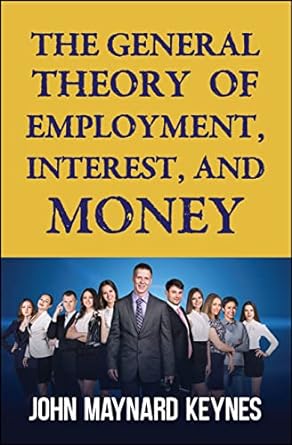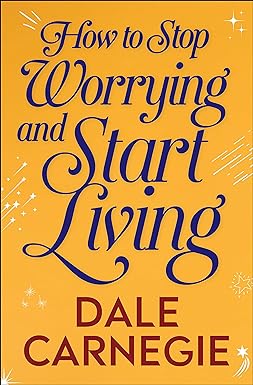
The General Theory of Employment, Interest, and Money
First published in February 1936, ‘The General Theory of Employment, Interest, and Money’ was written by John Maynard Keynes, an English economist, whose ideas fundamentally changed the theory and practice of macroeconomics and the economic policies of governments. Originally trained in mathematics, he built on and greatly refined earlier work on the causes of business cycles. In his groundbreaking book, Keynes claims that traditional economics has misunderstood the causes of unemployment. Employment is not determined by the price of labor; it is directly linked to demand in the economy. Keynes believes market economies are by nature unstable, and so require government intervention.
Driven by the social catastrophe of the Great Depression of the 1930s, the book had a lasting impact on both economic theory and state economic policies. Keynes introduced several revolutionary concepts including effective demand, the propensity to consume, the investment multiplier, and the liquidity-preference, to support his arguments in favor of greater state interventionism as a response to financial crises.
BEST DEALS
About the Author
John Maynard Keynes, 1st Baron Keynes, CB, FBA (/ˈkeɪnz/ KAYNZ; 5 June 1883 – 21 April 1946), was an English economist whose ideas fundamentally changed the theory and practice of modern macroeconomics and the economic policies of governments. He built on and greatly refined earlier work on the causes of business cycles, and is widely considered to be one of the most influential economists of the 20th century and the founder of modern macroeconomics. His ideas are the basis for the school of thought known as Keynesian economics and its various offshoots.
In the 1930s, Keynes spearheaded a revolution in economic thinking, challenging the ideas of neoclassical economics that held that free markets would, in the short to medium term, automatically provide full employment, as long as workers were flexible in their wage demands. He instead argued that aggregate demand determined the overall level of economic activity and that inadequate aggregate demand could lead to prolonged periods of high unemployment. According to Keynesian economics, state intervention was necessary to moderate "boom and bust" cycles of economic activity. Keynes advocated the use of fiscal and monetary policies to mitigate the adverse effects of economic recessions and depressions.
Following the outbreak of World War II, Keynes's ideas concerning economic policy were adopted by leading Western economies. Keynes died in 1946; but, during the 1950s and 1960s, the success of Keynesian economics resulted in almost all capitalist governments adopting its policy recommendations. Keynes's influence waned in the 1970s, partly as a result of problems with inflation that began to afflict the Anglo-American economies from the start of the decade and partly because of critiques from Milton Friedman and other economists who were pessimistic about the ability of governments to regulate the business cycle with fiscal policy. However, the advent of the global financial crisis of 2007–08 caused a resurgence in Keynesian thought. Keynesian economics provided the theoretical underpinning for economic policies undertaken in response to the crisis by President Barack Obama of the United States, Prime Minister Gordon Brown of the United Kingdom, and other heads of governments.
In 1999, Time magazine included Keynes in their list of the 100 most important and influential people of the 20th century, commenting that: "His radical idea that governments should spend money they don't have may have saved capitalism." He has been described by The Economist as "Britain's most famous 20th-century economist."
In addition to being an economist, Keynes was also a civil servant, a director of the Bank of England, a part of the Bloomsbury Group of intellectuals, a patron of the arts, an art collector, the founding chairman of the Arts Council of Great Britain, a director of the British Eugenics Society, an advisor to several charitable trusts, a successful private investor, a writer, a philosopher, and a farmer.
Bio from Wikipedia, the free encyclopedia. Photo by unknown [Public domain], via Wikimedia Commons.












